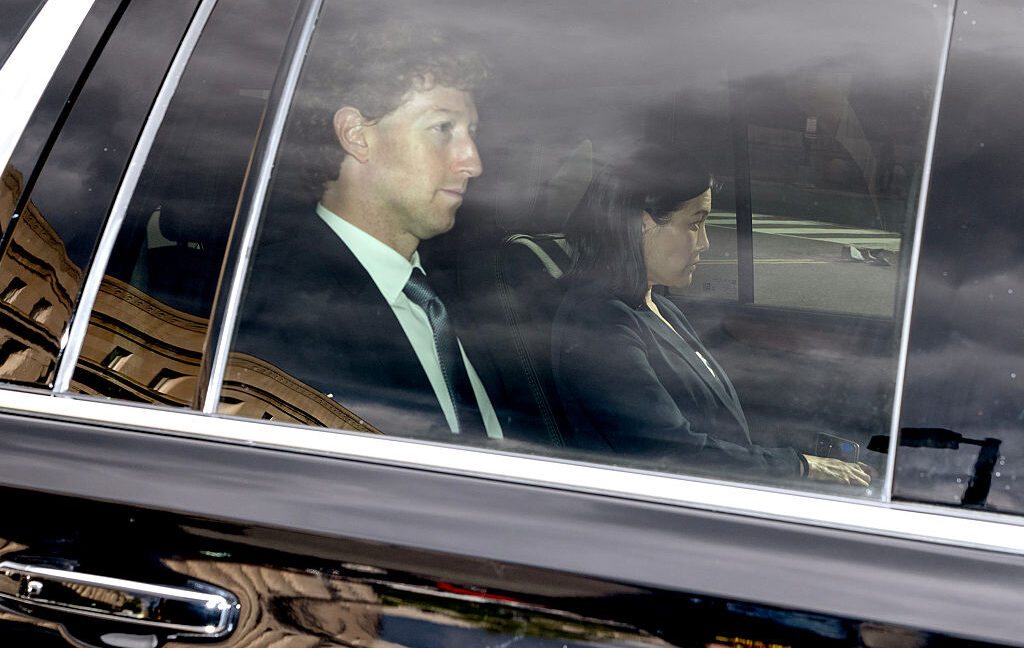
"But the days of grouping apps into "separate markets of social networking and social media" are over, Boasberg wrote. He cited the Greek philosopher Heraclitus, who "posited that no man can ever step into the same river twice," while telling the FTC they missed their chance to block Meta's purchase. Essentially, Boasberg agreed with Meta that social media-as it was known in Facebook's early days-is dead."
""When the evidence implies that consumers are reallocating massive amounts of time from Meta's apps to these rivals and that the amount of substitution has forced Meta to invest gobs of cash to keep up, the answer is clear: Meta is not a monopolist insulated from competition," Boasberg wrote. In fact, adding just TikTok alone to the market defeated the FTC's claims, Boasberg wrote, leaving him to conclude that "Meta holds no monopoly in the relevant market.""
US District Judge James Boasberg ruled that the FTC did not prove Meta holds a monopoly in a narrowly defined "personal social networking" market. The judge found that social media has evolved and Meta now competes with a broader set of rival apps, including TikTok and YouTube. Evidence showed substantial consumer time shifting to competitors and large Meta investments to keep up, undermining monopoly claims. The court excluded a key FTC expert for lacking neutrality. Adding TikTok alone undercut the agency's case and led the court to conclude Meta holds no monopoly in the relevant market.
Read at Ars Technica
Unable to calculate read time
Collection
[
|
...
]